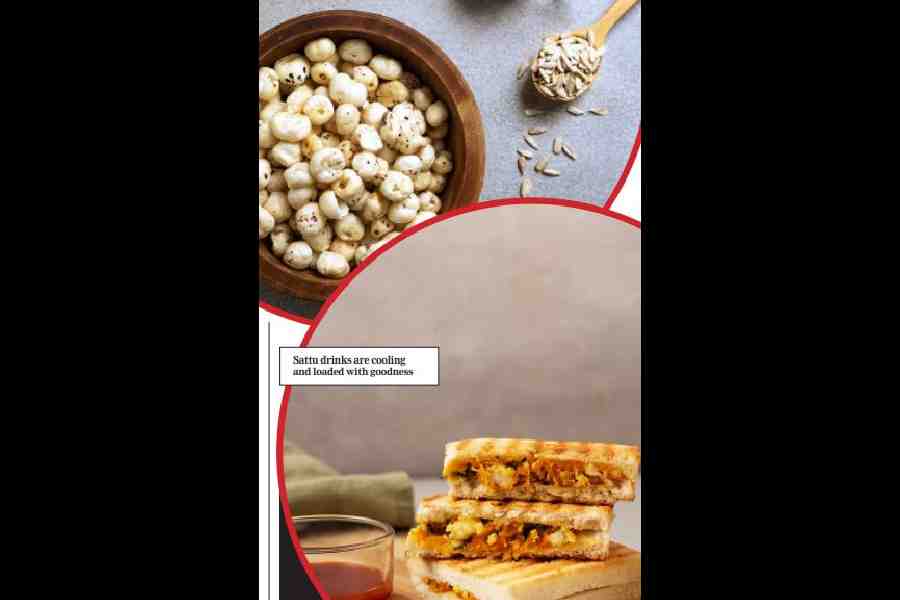WHAT ARE SUPERFOODS?
Superfoods are foods that are nutritionally dense and contain optimum amounts of vitamins, minerals and antioxidants that are healthy for everyone, and especially for growing children. They address the nutritional demands of a child and also help to meet the ever-changing dietary requirements of the modern man.
Superfoods are a group of food that have not been refined, processed or preserved and are retained in a form which is very close to the original source. They provide children with the essential doses of macro and micronutrients in a way that prevent diseases and fortifies immunological health. As such, they do not only benefit a child’s health and contribute to the development of proper brain function but also build a strong immune system, which prepares your child for the challenges of modern living.
The key to the consumption of superfoods, however, depends on the incorporation of the right ingredient in the right amount. The requirements that children have are vastly different from that of adults and careful nurturing of nutrition is the only way to enable our young minds flourish tomorrow. This is best done by maximising their nutrition with kid-friendly superfoods.
ORIGIN OF SUPERFOODS
The term superfood in fact appeared in the early part of the 20th century. Although the awareness about superfoods as a nutritional category was not there back then. What was a part of academic research and writing has now become a part of the ordinary kitchen. In India for instance, superfoods were very simply incorporated in meals in older times but the conscious consumption of superfoods has happened only now.
In earlier times, the Indian diet used less processed ingredients and more natural food. Millets are the ancient crops of mankind and their existence have been found even in the Indus Valley civilisation. As far as we look into the history of civilisations, they have been widely cultivated all around the globe as cereal crops or grains for human consumption. The dietary habits changed in India around the time of the green revolution, a period of technology transfer initiatives, which brought about dramatic increases in crop yields and agricultural production. The cultivation and consumption of millet also suffered a huge setback because the government was focusing on wheat and rice cultivation with the advent of mechanised agricultural equipment and high-yielding variety of seeds. Also, the Western influence of increased consumption of processed food brought a major shift in the dietary habits of people in India. It may be interesting to look at a few commonly found superfoods used in the Indian kitchen and are great for kids’ nutrition:
ALMONDS
Almonds are the king of nuts. They can be a very healthy snack for kids as they are a wonderfully nourishing. Almonds are an excellent source of protein, fibre and heart-healthy fats. Almonds have zero glycemic index and this enables them to condition the digestive system of a child. Including almonds in your children’s diet also increases the immunity of children and strengthens their teeth and bones.
They contain many vitamins and minerals, which may prove to be effective for the growth and development of kids. If your child has a dry skin problem consider giving almonds. Doctors prescribe almond oil for kids as it helps in the development of bones and can make the skin healthy. It contains vitamin E, which sharpens focus and improves memory.
Almonds can be consumed directly or one can add them to different food preparations. It is also safe to give almonds to kids at the age of six to nine months in powdered form. Almond paste can also be added to a child’s diet. Almonds can be given to children in various forms such as whole almonds, soaked and roasted, almond cream, almond flour, almond butter and almond milk.
SATTU
Sattu is a protein-rich flour, which is made from powdered chana, Bengal gram or other pulses and cereals. Sattu is now available in different forms that include wheat, barley or jowar. All these variations have a certain amount of gram in it. It has gained a lot of popularity in recent years and is recognised as a superfood. It has many health benefits and some easy and quick recipes could be made out of sattu.

Sattu is a naturally cooling drink that is great for regulating body temperature. It increases appetite, so it is really good for a growing kid. It is a great evening snack for growing kids. The calcium, manganese, iron and phosphorus present in sattu help in building strong teeth and bones for growing children. It has loads of insoluble fibre, which helps bulk up stool and promotes regular bowel movements. To include sattu in your child’s diet, it can be added to parathas, chilla, crackers and laddoos.
PUMPKIN SEEDS
Pumpkin seed is an edible seed of a pumpkin or certain other cultivars of squash. The seeds are flat and asymmetrically oval and have a white outer husk that is light green in colour after the husk is removed. Pumpkin seeds offer numerous health benefits for children. They are a great source of omega 3 and omega 6 fatty acids, which are highly recommended for kids for brain development. Pumpkin seeds are also rich in antioxidants, healthy fats, and minerals. They help in boosting bone health and immune system. They are also a great source of tryptophan, an essential amino acid, which helps in producing serotonin and this hormone is very helpful in getting sound sleep. Pumpkin seeds also have antimicrobial properties.
It is very easy to incorporate pumpkin seeds in your child’s diet. Besides eating it raw or roasted as a snack, it can be added to smoothies, yoghurt, fruit bowls, and granola bowls. It can be also introduced in your kids’ meals by sprinkling them on cereals, salads and soups. It can also be added to breads and cakes.
SWEET POTATO
Sweet potatoes are nutrient-dense vegetables that are found in variety of colours. They are rich in vitamin-C, potassium, fibre and antioxidants which are very beneficial for your children. Children love sweet potatoes as they have a naturally sweet flavour. The fibre and antioxidants in sweet potatoes promote the growth of healthy gut bacteria. They also offer various antioxidants, which may help protect against certain types of cancers. They are one of the richest natural sources of beta-carotene, a plant-based compound that is converted to vitamin A in the body, which supports good vision and your immune system. Sweet potatoes are very versatile and can be consumed with or without skin and can be baked, boiled, roasted, steamed, or pan-cooked. They can be enjoyed in both savoury and sweet dishes.
Abhilasha Sethia is an F&B consultant and chef who is launching her cookbook for growing children soon with A SuperFood A Day. Her coauthor, Vidhi Beri, is a health transformation coach with a decade of experience in maternal and child nutrition and wellness. A Superfood A Day is their offering to children and families for fresh and flavourful wellness. Follow the journey of A SuperFood A Day on @ asuperfoodaday on Instagram
